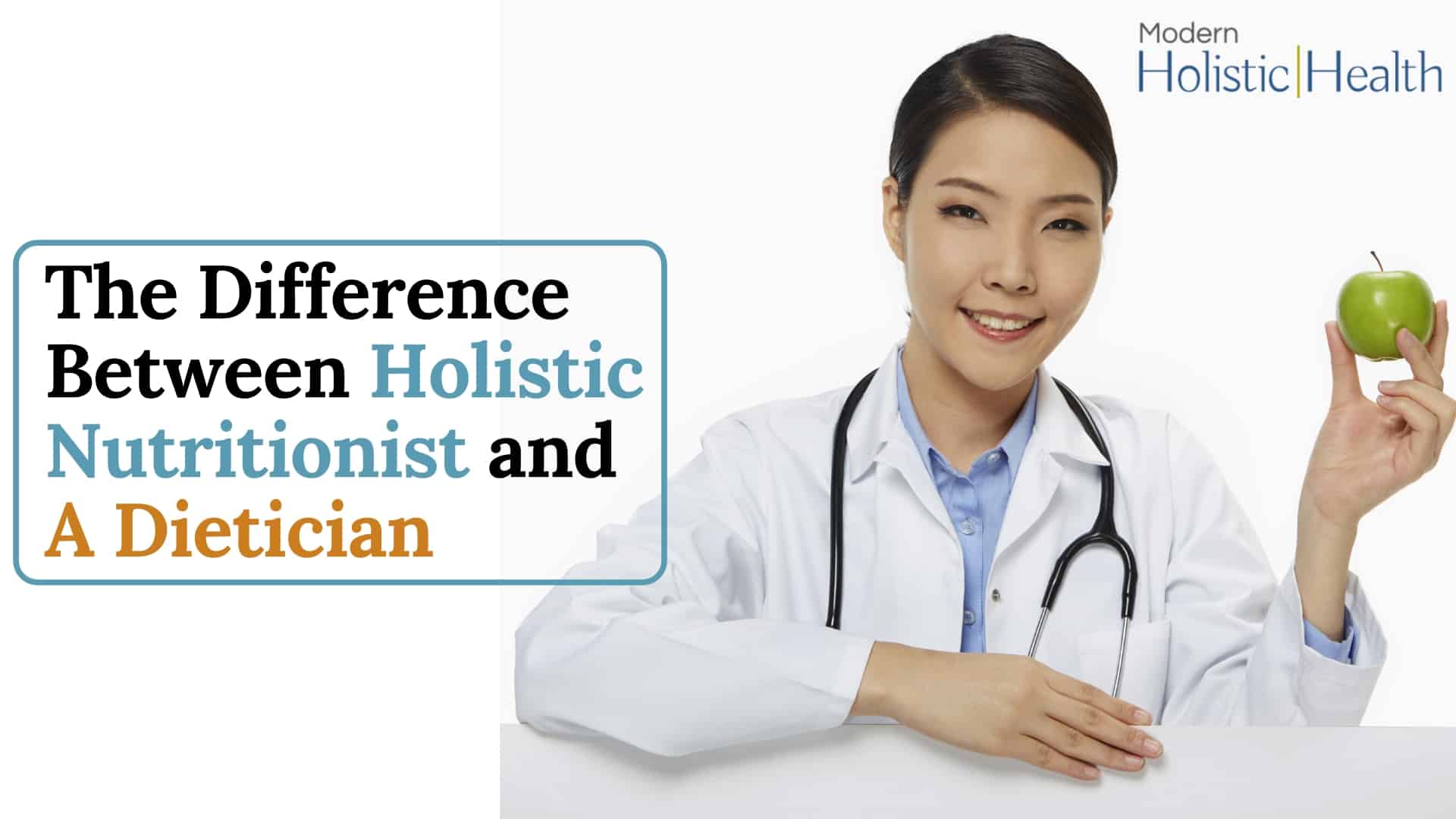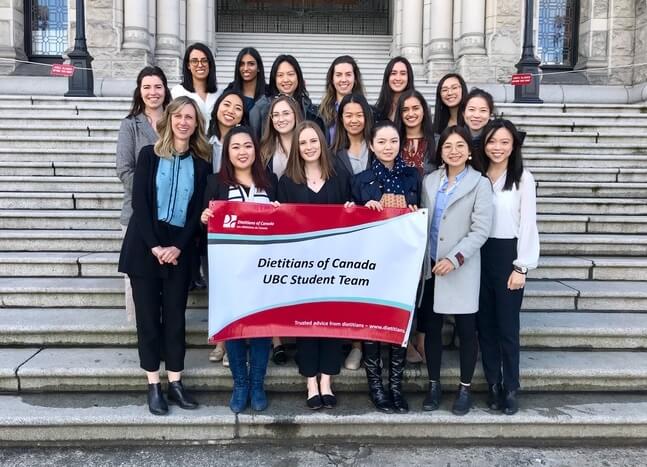All Categories
Featured
Table of Contents
-1
In the United States and many other countries, a dietitian is a board-certified food and nutrition professional. They are extremely informed in the field of nourishment and dietetics the scientific research of food, nutrition, and their influence on human wellness. Via substantial training, dietitians obtain the competence to provide evidence-based clinical nourishment treatment and dietary therapy tailored to meet an individual's demands.
-1To clarify, the qualifications of RD and RDN are interchangeable. RDN is a much more recent designation. Dietitians can choose which credential they would rather use. To earn these qualifications dietitians-to-be need to initially gain a bachelor's degree or comparable credit scores from a recognized program at an university or university. Usually, this needs an undergraduate science degree, including programs in biology, microbiology, organic and not natural chemistry, biochemistry and biology, makeup, and physiology, as well as even more specialized nutrition coursework.
Professional Nutritionist
-1This permits them to analyze acute needs, focusing on lethal conditions. Inpatient and outpatient dietitians also offer nourishment education to people with specialized needs, such as those recently out of surgical procedure, in cancer treatment, or diagnosed with persistent health problems like diabetic issues or kidney disease. In the outpatient setup, they give extra thorough nutritional counseling functioning towards a nutrition-oriented goal.
-1They can also advocate for public policies with a concentrate on nutrition, food, and health and wellness issues. Research study dietitians generally operate in study healthcare facilities, organizations, or universities. They operate within a research team headed by a key investigator and accomplish nutrition-focused treatments. Once dietitians have made their credentials and are functioning in the area, they can take place to focus on a particular subcategory, such as pediatrics or sporting activities dietetics.
-1They may furthermore educate in an academic or study institution or cover nutrition-related subjects. Others may function as health and nutrition specialists in media or as public speakers. Dietitians are certified to manage nourishment treatment throughout a period of severe and persistent problems. The kind of problems they treat depends most on the setup of their technique.
Dietitian For Ibs
-1In many states, such as Alaska, Florida, Illinois, Maryland, Massachusetts, and Pennsylvania, RDs and CNSs are given the same state license, generally called a Qualified Dietitian Nutritionist (LDN) license. In states that do not control the usage of this term, any person with an interest in diet plan or nutrition may call themselves a nutritional expert.
-1However, because uncredentialed nutritional experts usually lack the proficiency and training for medical nutrition treatment and nutrition counseling, following their advice could be thought about damaging (). Prior to consulting a nutritionist, you may wish to inspect whether your state manages that might utilize this title. In the U.S. states that don't control the term, no degrees or qualifications are required to be a nutritional expert.

-1
In states that do mandate licensure, the CNS or RD credential may required. Those with CNS credentials are health and wellness experts like nurses or physicians with innovative wellness degrees that have looked for additional coursework, finished monitored practice hours, and passed an exam overseen by the Board for Certification of Nourishment Specialists.
-1While several of these strategies may have durable clinical support, others may not. Offering nutrition recommendations without the correct understanding and training can be damaging, specifically when counseling those with health conditions. As such, if you are considering speaking with a nutritionist, you might wish to ask if they are a CNS or have state licensure or qualification, or another credential.
Senior Diet Optimization – Kiara
-1Numerous states especially control this term. In addition, nutritionists may pursue an innovative CNS certification.
-1It can be testing to help people make real, long-term changes in their lives. However, when you obtain a successful instance, the benefit can be exceptionally rewarding. If it's a profession alternative that you intend to pursue, there are 2 major profession options available to you. Both dietitians and nutritional experts supply a range of nutrition-based services to clients.
-1They have to have completed some degree of education in their area. They are additionally called for to have actually completed approximately a year of monitored job, working within a led program at a health care facility, providing company, or area body. Dietitians have much better expectations put on their capabilities and degree of professionalism and trust.
-1This implies that there is no body that manages their qualifications and no especially strict standards that nutritionists demand to follow in order to be able to exercise. Dietitians, on the various other hand, are registered with nationally recognised bodies, such as the Dietitians Association of Australia. They should follow by the National Competency Criteria for Dietitians.
Sports Dietitian

-1
You can exercise as a nutritionist without the very same degree of certification as a dietitian. Nutritional expert programs can differ in length and quality, with some as short as six weeks and covering much less material than a dietetics course. Relying on your education provider, you can acquire a considerable amount of understanding with examining a basic nourishment training course; however it's vital to explore the course web content before beginning.
-1This can consist of going to sector seminars or checking out sector magazines. Nutritionists, on the various other hand, normally earn their certifications in order to supplement other credentials and provide much better suggestions to their clients. Nutritional experts can acquire employment in a large array of areas, including public wellness guidance, guidance for individuals, and dealing with private organisations.
-1Nutritional experts can work with sporting organisations, fitness centers, schools and advise media electrical outlets on fundamental terminology and correct usage of terms. Dietitians can function in most of the exact same roles as nutritional experts.
Accredited Dietitian – Swan 6054
-1Dietitians often function with even more clinically delicate customers. These can include those with diabetic issues, allergies, excessive weight, cancer and stomach illness. As a result of the high degree of understanding required to offer services to these individuals, only approved dietitians are allowed to provide care. A few of the greater level duties with medical care organizations can be extremely satisfying, and pay fairly well.
-1In Australia there is a difference in between a dietitian and other nutritional health and wellness companies including nutritionists. All dietitians are nutritionists, but nutritionists without a dietetics certification can not call themselves a dietitian. While there are similarities in between a dietitian and nutritionist there are differences in certifications and law. The dietetic profession is managed and satisfies rigorous requirements as set out by the National Alliance of Self Regulating Wellness Professions (NASRHP).
-1Dietitians with the Accredited Practising Dietitian (APD) credential commit to recurring training and education and learning throughout their occupations. As a profession, nutritional experts are not controlled in Australia under NASRHP or certified under a solitary governing body.
Healthy Eating For Pregnancy – Kiara
-1If you have a chronic health problem and a treatment strategy from your General practitioner, you might be able to declare a Medicare refund when you see an APD. The major purpose of people working in the profession of dietetics is personified in this declaration: The profession of dietetics adds to the promo of health and wellness and the avoidance and treatment of illness by optimizing the nutrition of populaces, areas and people. Registered Holistic Nutritionist.
Table of Contents
Latest Posts
Rachel Svenson – Fremantle 6163
Food Allergies & Intolerances - Perth
Onepage 3
More
Latest Posts
Rachel Svenson – Fremantle 6163
Food Allergies & Intolerances - Perth
Onepage 3